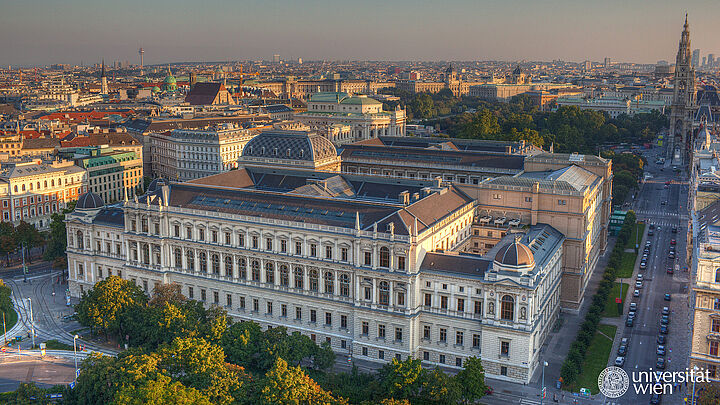Mittwoch, 27. November 2013, 09:15 - 16:30 iCal
Landscapes of Empire
Public Building and Labour Organization in Ancient States
Sigmund-Freud-Museum
Berggasse 19, 1090 Wien
Tagung, Konferenz, Kongress, Symposium
Weitere Termine
Donnerstag, 28. November 2013, 09:00 - 17:15
Freitag, 29. November 2013, 09:00 - 13:00
Large-scale public building in Antiquity is frequently assessed from a point of view that reflects Moses I. Finley’s influential distinction (as expressed in his Ancient Economy) between the Ancient Near East’s coerced mass labour regime on the one hand and the coexistence of slave and free wage labour in the Greek and Roman societies of the Mediterranean World on the other. Our conference proposes to nuance this model by examining case studies that shed light on official, liturgical, entrepreneurial and other duties in the realm of public construction activities in imperial contexts, with a view towards evaluating the bearing of these issues on the overall assessment of the nature of political, ideological and economic power in the states under discussion. In particular, we would like to ask our speakers to focus on three main issues:
(1) The type and character of public buildings and infrastructure (temples, squares, halls, walls, magazines, harbours, roads, bridges, water pipes, canals and dykes, etc.): which practical purpose did the construction fulfil and how does this relate to the symbolic or ideological value that was attached to it as a symbol of the sovereign’s power and his imperial policy (also with particular regard to determinants such as size, location, costs and construction period)?
(2) The provision and recruitment of workforce: what was the role of coerced mass labour and slavery, and to what degree were free contractual workers involved? Did the organisation of large-scale state labour entail the recruiting of specific population groups/social classes and/or drawing on the resources of the military? What kind of supplies and remuneration did the labour forces receive?
(3) Organization and supervision: in which cases and to what extent did the state or its imperial centre deploy supervisory officials; when and where was this task delegated to contractors or non-state institutions?
Zur Webseite der Veranstaltung
Veranstalter
"Imperium" and "Officium", Research Network (NFN), funded by the FWF
Kontakt
Martina Schmidl
Institut für Orientalistik
+43 (0)1 4277 43467
martina.schmidl@univie.ac.at
Erstellt am Freitag, 25. Oktober 2013, 16:34
Letzte Änderung am Montag, 25. November 2013, 12:36

